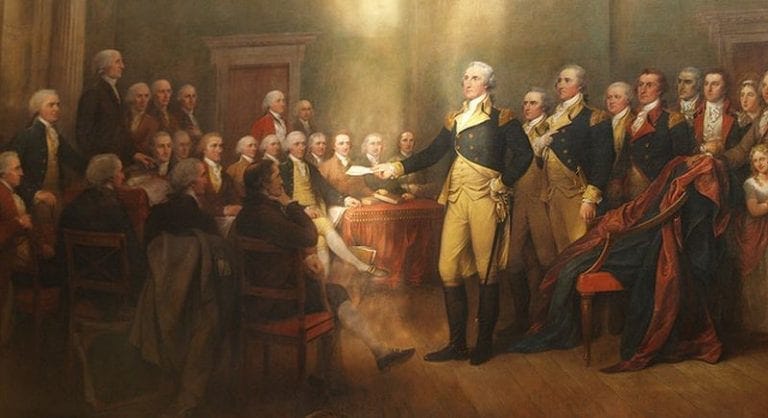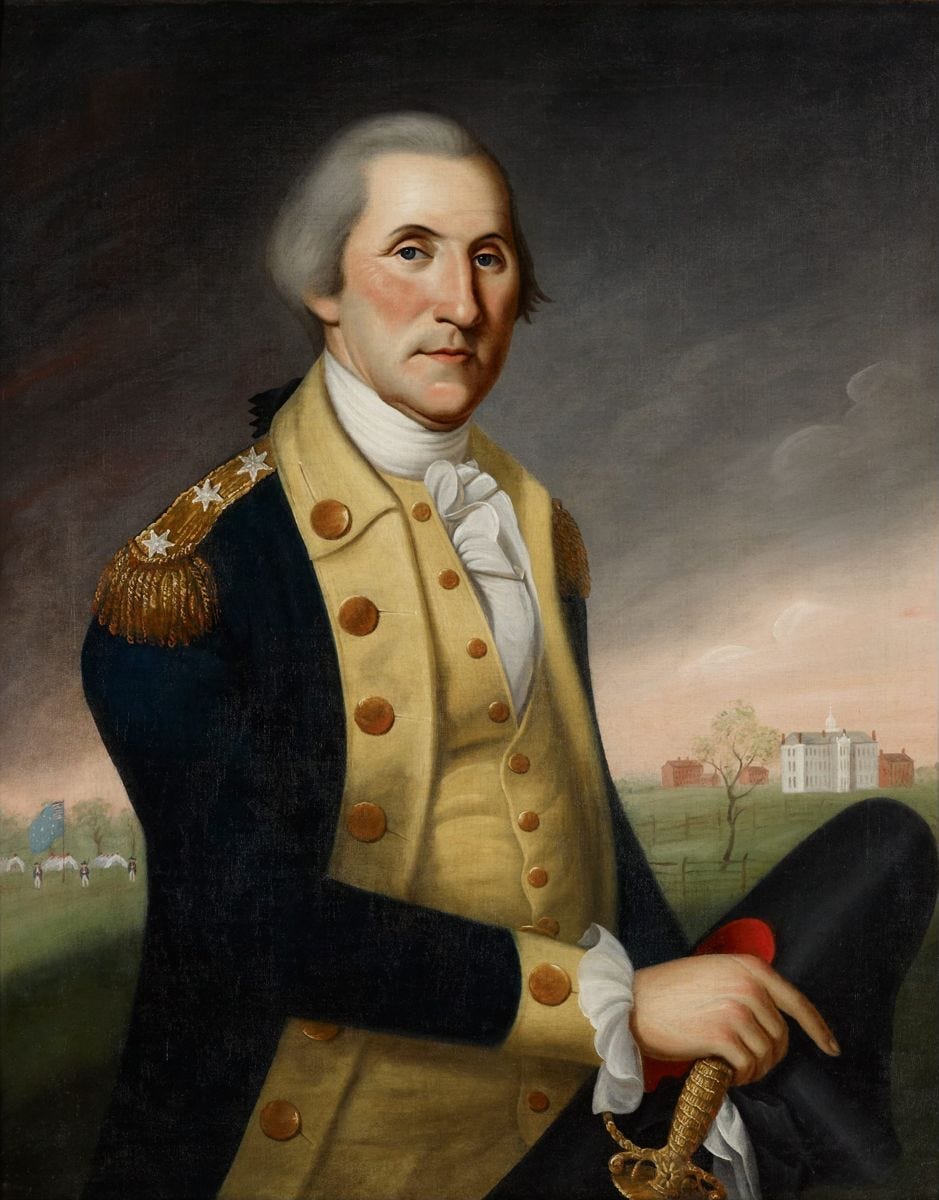George Washington’s Farewell Address
A Timeless Call to Unity and Caution
George Washington’s Farewell Address, delivered in 1796 as he stepped down from the presidency, is often regarded as a cornerstone of American political wisdom.
<a href="https://medium.com/media/ff50276202ca56e40585bc11c8448cbf/href">https://medium.com/media/ff50276202ca56e40585bc11c8448cbf/href</a>
Over two centuries later, its themes resonate as profoundly as ever, addressing challenges that remain remarkably relevant in today’s complex world. In a time of political polarization, global instability, and technological disruption, Washington’s words offer a blueprint for navigating modern uncertainties with wisdom and foresight.
1. The Danger of Political Factions
Washington warned of the divisive nature of political factions, cautioning that they would lead to the erosion of national unity and the prioritization of party interests over the common good. He stated:
“The alternate domination of one faction over another, sharpened by the spirit of revenge, natural to party dissension… is itself a frightful despotism.”
In today’s highly polarized political climate, his words feel prophetic. The rise of hyper-partisan rhetoric, social media echo chambers, and legislative gridlock underscores the risks he highlighted. Washington’s call for unity above partisanship challenges us to prioritize national interests over tribal loyalties, reminding us that democracy thrives on compromise and collaboration.
2. The Perils of Foreign Entanglements
One of the most famous aspects of Washington’s address is his warning against entangling alliances. He urged the young nation to avoid permanent foreign alliances, advocating instead for independent judgment in international affairs:
“It is our true policy to steer clear of permanent alliances with any portion of the foreign world.”
While the United States has long since abandoned isolationism, Washington’s caution against overdependence on foreign entanglements remains relevant. Today, global conflicts, trade disputes, and the dynamics of superpower rivalry demand a nuanced foreign policy. His message reminds us to strike a balance between global engagement and safeguarding national sovereignty, ensuring that alliances serve the nation’s best interests without compromising its independence.
3. The Importance of Public Education and Morality
Washington emphasized the role of education and morality in sustaining a free society. He argued that knowledge and virtue are essential for citizens to make informed decisions and hold their leaders accountable:
“Promote… as an object of primary importance, institutions for the general diffusion of knowledge. In proportion as the structure of a government gives force to public opinion, it is essential that public opinion should be enlightened.”
In an era of disinformation, declining civic education, and widespread cynicism, Washington’s words are a clarion call for renewed investment in education and ethical leadership. A well-informed and morally grounded populace is the cornerstone of democracy, and his address reminds us of the perils of neglecting these foundations.
4. Unity as the Bedrock of National Strength
Perhaps the most urgent message of the Farewell Address is Washington’s plea for national unity. He believed that regional, economic, and ideological divisions could undermine the republic if left unchecked:
“The name of American, which belongs to you in your national capacity, must always exalt the just pride of patriotism more than any appellation derived from local discriminations.”
This call to embrace a shared identity is particularly poignant in today’s divided America. Regional disparities, identity politics, and cultural divides threaten to fragment the nation. Washington’s vision of unity reminds us that the strength of a nation lies in its ability to rise above internal differences and rally around shared principles and values.
5. A Cautionary Tale for Future Generations
Washington’s Farewell Address is not just a historical document; it is a mirror held up to the present. Its insights challenge us to reflect on the state of our democracy and the choices we make as citizens and leaders. It serves as a reminder that the challenges we face — political polarization, foreign entanglements, and the erosion of civic virtues — are not new, but they are surmountable if approached with the wisdom and foresight Washington espoused.
A Legacy of Wisdom
As we navigate the complexities of the 21st century, Washington’s Farewell Address remains a timeless guide. Its themes of unity, caution, and responsibility transcend the context of 1796, offering a vision of leadership and citizenship that is as relevant today as it was then. To honor Washington’s legacy is to listen, reflect, and act on his words — striving always to build a nation that lives up to its highest ideals.
Perhaps the greatest tribute we can pay to Washington is to take his warnings and advice to heart, working to bridge divides, strengthen our institutions, and pursue a future where the common good prevails over narrow interests. In doing so, we ensure that the wisdom of the first president continues to shape the American experiment for generations to come.
George Washington’s Farewell Address was originally published in Information-Warfare Magazine on Medium, where people are continuing the conversation by highlighting and responding to this story.



